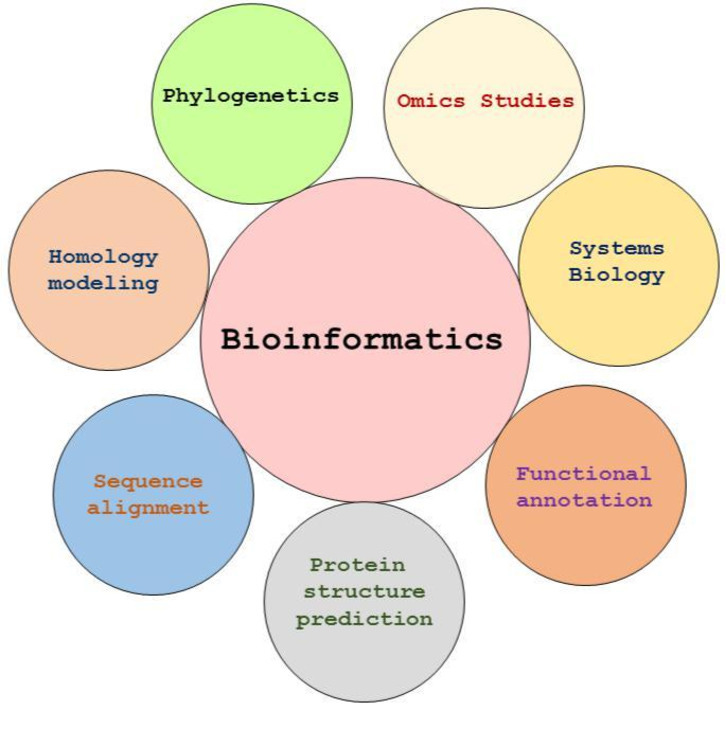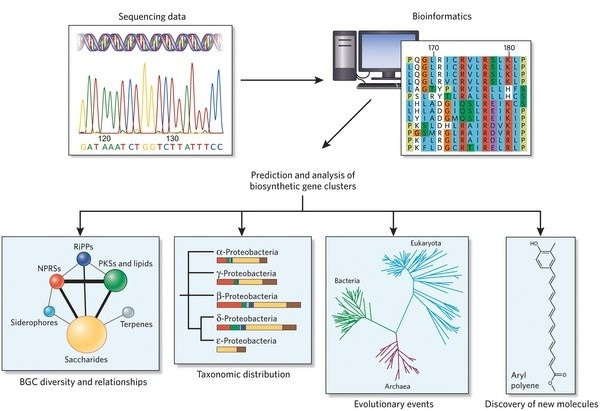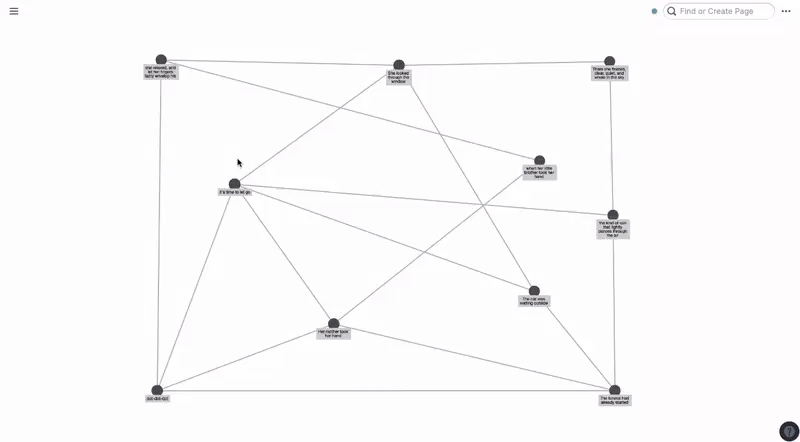Hello from the Himalayas,
In the last note, I introduced the concept of being an experimenting generalist as I have been practicing it. It’s likely for it to be confused or conflated with a specialized generalist or a generalized specialist. In part 2 of the series, I will paint a contrasting picture of these three types of generalism. All three of them attempt to leverage interdisciplinary knowledge to a varying extent. I will try to do so without resorting to splitting hairs.
Specialized Generalist
According to Tim Ferris, a specialized generalist is someone who combines two or three key skills. An effective combo of rarely combined skills is what you’re after. You create a new lucrative category where competition is less and your combined expertise puts you in the top20 percentile of the newly created category. An example of this would be a travel-vlogger who is good at video-production as well as a seasoned traveler. Designers-who-code is another good example.
Generalized Specialist
In one of his blog posts in 2017, Shane Parrish defined the generalized specialist as someone who goes deep in developing expertise in one core competency but maintains a broad understanding of other areas.
A generalizing specialist has a core competency which they know a lot about. At the same time, they are always learning and have a working knowledge of other areas. While a generalist has roughly the same knowledge of multiple areas, a generalizing specialist has one deep area of expertise and a few shallow ones. We have the option of developing a core competency while building a base of interdisciplinary knowledge.
An example of generalized specialist as per this definition would be a data-engineer who also blogs about what’s happening in the industry.
Experimenting Generalist
What I mean by experimenting generalist has a big overlap with Parrish’s definition of a generalized specialist. Both of them would have a broad understanding of key areas around there core competency.
However, unlike a generalizing specialist who limits his venturing out into other domains to just a broad understanding level, an experimenting generalist would go out there and experiment in areas other than his/her core competency. The notion of having a single, permanent core-competency gets slightly blurred for an experimenting generalist. While a generalized specialist will limit their learning once conversational-proficiency is reached, an experimenting generalist will consider that as only the starting point for a new speed-learning venture into a new domain. He/she will participate or conduct experiments that require multiple disparate competencies. What an experimenting generalist considers their core competency can morph/evolve into something significantly different within a year.
Data Scientist or Data Strategist?
As an experimenting generalist, finding a 2-word title to introduce myself to new people is not a straightforward thing. When a new acquaintance asks what I do, I have to choose between using a title that’s only partially accurate about the work I do or taking an extra couple of minutes to describe the scope of what I do. It’s a fun dilemma.
-> Calling myself a data scientist implies I code custom machine-learning models using complex statistical methods. I rarely do that. Most often, my work with data involves staying up-to-date with existing algorithms & machine-learning models, understanding how to apply them, and most importantly, understanding the evolving needs in multiple business-domains where they can be leveraged to capture newly unlocked value.
-> Calling myself a data engineer implies that I put together data-warehouses and have deep-experience in data-warehouse administration.
However, I have dabbled in doing the tasks of both the above titles, none of them nail the spot where I shine most. Where I produce most value is at putting together a data strategy for a project/organization. That includes understanding the scope of the tasks of a data scientist, a data engineer, and a product manager. My spot as a data guy is to liaise between these three and steward the data project to its applications, tapping the opportunities that data-science offers while avoiding the pitfalls using interdisciplinary heuristics. Given this, I was quite delighted to discover that there’s a new, more accurate title for people like me—Data Strategist.
Interesting Finds of the Week
Choose-your-own-adventure style reads are on the horizon?
A starter-point if you’re interested in bioinformatics with two infographics:


To wrap up, here’s a gif of me on a super-packed working day:

Thanks for reading this note.
Until Next Week,
Vinay



